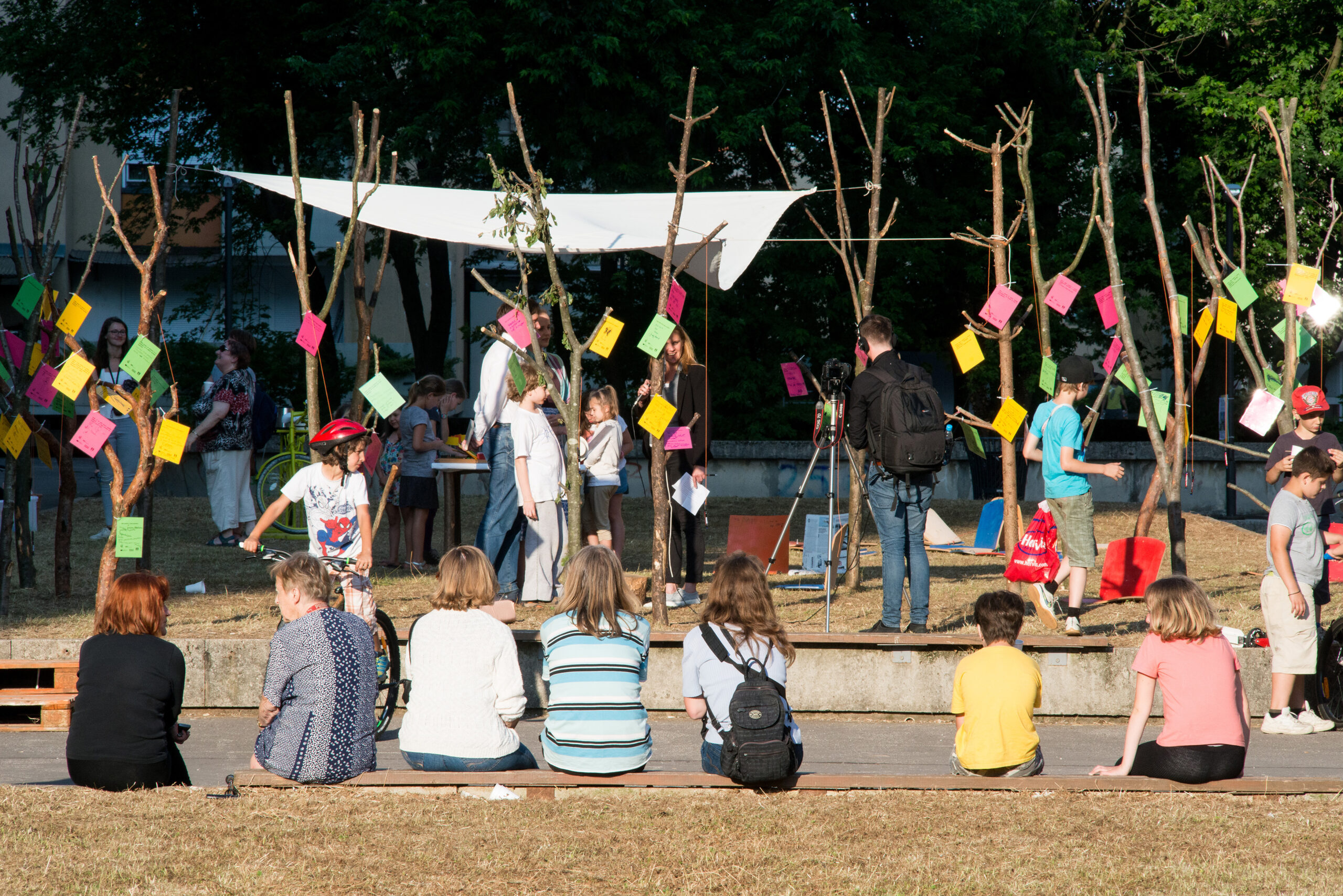Editors of this issue: Luis Santiago Baptista, Slobodan Velevski, Klaske Havik, Aleksandar Staničić
Deadline: May 29th, 2022.

Faced with urban challenges caused by migration, gentrification and contemporary urban processes such as the digitalization of commerce and communication, and the tension between local features and global trends, it is crucial to understand the urban as a complex expression of social, historical, material, spatial and temporal relations between people and their built environment. But this comprehension of places demands and envisions action, by which active transformative processes take place in the real world. Fieldwork is in this sense both research and event, both investigative process and performative project.
The main objective of the COST Action Writing Urban Places, from which this issue emerges, is to investigate, develop and implement responsible approaches for human understanding of communities, and their situatedness in urban places. The network works towards the production and development of knowledge required for new and better forms of built environmental praxis: merging scientific research, education and practical, site-based actions that make use of expertise from different disciplines. This praxis not only values the knowledge that already exists in local urban cultures, but also uses new urban narratives as means to develop, foster and protect built environments.. Important to develop this praxis is the collection of site-specific studies, in which narrative approaches have been at stake to analyse and create meaning, appropriation and integration in urban projects.
The call is open to all researchers and academics interested and engaged in fieldwork through writing, narrating, thinking and making urban places. COST action members of the Writing Urban Places action are specifically invited to contribute, and to team up with one or more members of the action. Full research articles must range between 2500-3000 words including endnotes + abstract (200 words) + short bio (100 words). Proposals for visual or other exploratory essay forms must be submitted as abstracts (200 words) for evaluation by the editors.
Read full call here or check the Writingplace website: